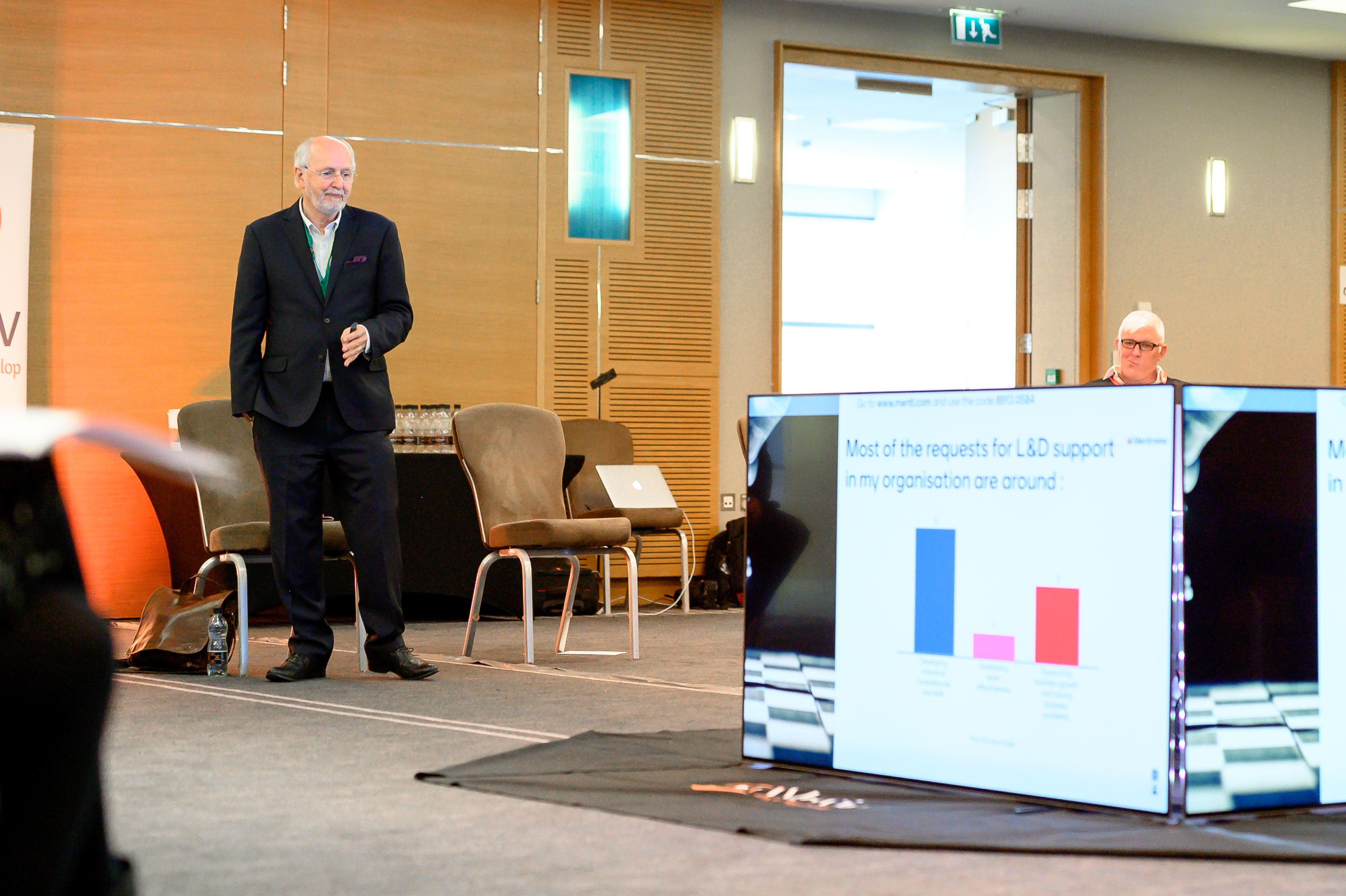The challenge of demonstrating the business value and ROI of L&D teams is a persistent issue for many companies. Despite the potential for learning to make a significant contribution to the business, it can be difficult to convince CEOs and other senior leaders of its value. As Charles Jennings, Co-Founder of 70:20:10 Institute, remarks in this video, although the topic has been on the CLO agenda for as long as he can remember, “many CLOs haven’t cracked it”.
In this blog, we will explore the key questions that CLOs are asking when it comes to demonstrating the business value and ROI of their L&D teams. We will also outline some of the solutions organisations have tried so far to evaluate their effectiveness. By doing so, we will provide insights and recommendations to help organisations better understand and communicate the value of their L&D efforts.

How do L&D teams go about demonstrating ROI?
It’s true that demonstrating ROI has been a challenge for many L&D teams for years, a simple Google search will return thousands of results on the subject going back years. One approach that some L&D leaders are taking is to bring more data skills into their teams. This includes using analytics tools to curate and analyse data related to training programs, as well as using learning data reporting and visualisation tools to communicate results. By doing so, L&D teams can better demonstrate their value to the organisation and help identify areas where learning programs can be improved and optimized to maximise impact.
Why do CLOs find demonstrating ROI difficult?
Before every iVentiv event, we ask you to tell us what areas you are focusing on and what questions you want to ask your fellow participants. “People/Data Insights, Measurement & ROI” was the fourth most popular category overall in the last 12 months, across all regions, but especially among Global Heads of Learning; 32% of respondents in L&D cited the category as a key priority, compared to 17% in Executive Development and 10% in Talent Management.
The primary barrier, as one Global Head of Leadership put it in their response, is obtaining high-quality “objective data”, inputting it into useful metrics for analysis, and creating innovative solutions, going “beyond happy sheets and completion rates”, which learning leaders feel are no longer satisfactory.
As Charles Jennings, Co-Founder of 70:20:10 Institute states, the “continued focus by L&D leaders on the challenge of demonstrating ROI and business value highlights L&D’s increasing visibility to executive boards.” CEOs have changing expectations, Charles explains, and for L&D to show measurable value is no longer an optional extra.
“It also highlights” Charles says, “the changing expectations of CEOs and their leadership teams. More than ever, senior managers expect L&D to contribute measurable value rather than simply being a cost centre.” The need for learning to demonstrate, in Charles’ words, “measurable value-add” means that they need “high-quality data” beyond simple “activity measures” like course completion rates.
Is measuring ROI the same as delivering it?
Many L&D teams have put their focus on learning in the flow of work, and the use of LXP’s that facilitate learning over training, with the aim of better demonstrating the function’s value to the organisation.
However, measuring and demonstrating ROI through analytics platforms is one thing, delivering the ROI is another. To put it bluntly, it might be the case that once learning teams start focusing on measurements and analytics, L&D leaders may realise that they are in fact not really delivering the ROI that they promise. To find and create real ROI, Fuse Universal offers a useful list of demonstrable examples of L&D’s impact on ROI, on how it can influence the bottom line of any business:
- The uplifts in business performance that engaged, continual learning can bring, particularly in relation to the frequency in which learners return
- Cost savings that the consolidation of learning platforms offers, across employee resource, computing power, and infrastructure
- Reduced onboarding time to enable employees to hit the ground running, and start driving profitability for the company as soon as possible
- Higher staff retention rates offer serious cost savings on the expensive hiring and training process
- Improved internal communication, saving costs, and gaining employees 20% (as they measure it) of their time back, a whole working day per week, to drive profitability
To dive into questions around ROI, analytics, and more, join an iVentiv Executive Knowledge Exchange and connect with like-minded leaders to discuss common challenges. Every session is free for global Heads of Learning and gives you a chance to take away new insights, learn from others, and build relationships.
Read more about ROI and the other top priorities for decision-makers in Learning, Leadership and Talent in the iVentiv Pulse 2023 Report.










